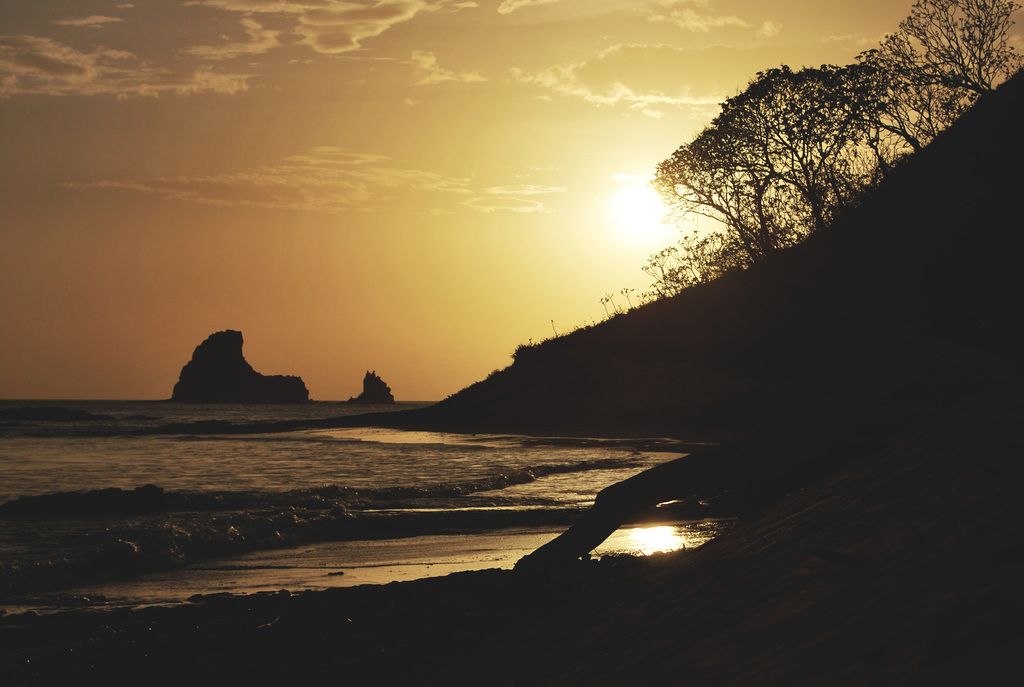Emerging Figurehead Hamza Amin: Reforming Communication Systems to Foster Equity and Progress in Pakistan
Pakistan: Ground Zero for Climate Change's Unfair Fight
Our planet's climate crisis isn't showering its devastation uniformly. Pakistan, a nation guilty of nothing more than being one of the world's least greenhouse gas emitters, finds itself battling some of the harshest consequences. As Hamza Amin sees it, it's his duty to arm his country and its people in the face of mounting adversity. Balancing his time between the gritty reality of NGO Madinah Foundation in Pakistan and his Ph.D. pursuit in communication science in Austria, we delve into the extraordinary ways this Young Leader wears his compassion on his sleeve.
In 2022, Pakistan endured a catastrophic flood.
According to Unicef, the floods affected 33 million people, claiming over 1,700 lives and destroying or damaging more than 2.2 million homes. This left 4.5 million people bereft of clean, safe water, with over 2 million trapped relying on unsanitary sources like stagnant ponds six months later.
Besides the quick-off-the-mark international aid agencies, a Pakistan-based NGO named Madinah Foundation swung into action.
Madinah Foundation: The Climate Warrior
The charity's mission revolves around reducing Pakistan's poverty, eradicating food insecurity, improving education, particularly for women, and tackling climate change. During the floods, they offered practical aid in the form of food, medical supplies, and medical personnel.
Recognizing the flood as the harbinger of things to come, Madinah Foundation began exploring long-term solutions tailored to battle climate change. One such innovation is their Better Pakistan program.
Better Pakistan: From Awareness to Action
Headquartered in Faisalabad, Madinah Foundation manages and funds two universities - University of Faisalabad and Green International University. This provides the foundation with access to the country's sharpest minds and the ability to equip them to navigate a future fraught with volatility.
Better Pakistan is a free initiative designed to heighten students' awareness of the wide-ranging impact of climate change in Pakistan. In a very practical sense, it equips young people with essential skills like first aid and firefighting.
The next time disaster strikes, they will be better equipped to respond. And sadly, there will always be a next time – as worse monsoons in 2023 attest.
According to the country's government, and supported by other sources, "Pakistan, contributing just 0.9% to global greenhouse gas emissions, is among the most vulnerable countries to the impacts of climate change."
With the floods, Hamza Aminobserves, "we witnessed the effects of climate change right before our eyes".
However, he contends that many Pakistanis are in the dark about what climate change truly means. Hamza attributes this to the country's dismal literacy rate – 58% overall, and only 46.5% for women. For the impoverished and uneducated, daily necessities like food, education, and healthcare are their immediate concerns; long-term problems like climate change are a distant luxury.
"This is one big issue we need to address." Hamza emphasizes. "We need to arm people with more education and more awareness, and create an environment where everyone wants to and can act against climate change."
Journalism: The Unsustainable Tabloid
Hamza oversees Madinah Foundation's impact and communication. He ensures the correct details, like the nuts and bolts of Better Pakistan, reach the students.
He continues to hold this responsibility despite dividing his time between Faisalabad and Vienna, where he is pursuing a Ph.D. in Communication Sciences.
Hamza's research focuses on rendering journalism more sustainable, addressing its challenges from a political, cultural, and financial standpoint.
This ambition germinated from his bachelor's in finance and business. Although finance didn't "get his blood pumping," journalism did.
"I have always been intrigued by journalism," Hamza shares. "I was a newspaper-loving kid, but I never mustered the courage to study it, because I never thought it would lead to a positive financial future."
This prophecy proved true with the rise of online journalism, which made the industry "more efficient."
"Today, you don't need as many editors or reporters," Hamza explains. "It's a cutthroat, highly competitive business."
Despite the tough competition, Hamza preserves the enthusiasm that led him to work as a journalist in Pakistan for a year. After moving to England to study a master's in media and communications at Warwick University, and then on to Vienna for his Ph.D., Hamza continues to find fascination in harnessing journalism for socio-economic and environmental improvements.
Like any skill, Hamza asserts, journalism is something anyone can master. This makes all of us potential influencers in matters we deem crucial.
"Every aspect of our lives is intertwined with media," Hamza exclaims. "We've embarked on a journey from the industrial age to the information age. Information, communication – they play a pivotal role in every facet of our lives."
The Filthy Web
Wielded thoughtfully, influence can amount to a force for good, but it can also be exploited.
As a practicing reporter, Hamza witnessed first-hand the sway that organizations and institutions exert over the media, distorting the tone of stories via political and economic bias.
Digital tools augment the mediation process, making it easier to manipulate news.
Anyone can write an article or post their opinions and claim the truth. These biases are amplified even further by artificial intelligence.
"Today, it's challenging to discern what's real and what's fake," Hamza warns. "It's only over the past two years that we've seen the rise of fact-checking organizations."
With climate change denial, cries from conspiracy theorists, purposeful misinterpretation, fake news, and the exploitation of misinformation for political gain, a lack of accountability can be a damaging veil.
The Future of Journalism: Cleaning Up the Mess
That's why Hamza created Nine News.
It's a digital content network that trawls the web for news stories, stripping out bias, and automating the production of easy-to-read articles using facts.
With 70% of Pakistan's population below 30 years of age, Hamza explains, digital advocacy holds immense power. This is why Nine News presents content in a manner appetizing to a digitally literate youth audience.
Information is vital for political participation.
After moving to Austria, Hamza realized that language barriers hindered his connection to his new community.
Unwilling to translate every story line by line, Hamza is now working on a new platform, Mews Austria.
The goal is similar to the original, but with the added function of translating German-language news for migrants. After all, Hamza understands the weight of fact wielded effectively.
Amplifying the Right Noise
University of Faisalabad is dedicated to supporting UN Sustainable Development Goals, such as climate action and generating affordable, clean energy. Given Hamza's role in impact and communication within Madinah Foundation, he had direct access to the institution's vice chancellor and board of governors.
With a captive audience willing to listen, however, there was a chance they would nix the proposed project on the basis that the investment would exceed the benefits.
Hamza was prepared for this, and he put together a robust proposal proving otherwise.
Putting the Pieces Together
The financial aspect was a significant hurdle.
Hamza outlined the cost spread over the following 20 to 30 years, stressing the improvements the initiative would bring for the university.
A survey demonstrated the high level of support from the students, who would benefit from lower accommodation costs as many live in the university's hostels.
It worked. In 2021, the university transitioned to solar energy. As Hamza calculated, it has "drastically reduced the university's costs" and "the reliance on conventional energy resources."
True to his word, it has also boosted the university's reputation: "Social media updates about the solar energy project have generated plenty of attention."
Students feel that they can "raise awareness on various injustices through social media" and make a difference by communicating directly with decision-makers.
Their reports of the solar energy project have captured attention.
"This has inspired other universities to embark on similar projects across the province."
A Matter of Modesty
Hamza attributes this achievement largely to the mission-driven work of Madinah Foundation.
He admits that his position within the NGO provided him with the means to work effectively with the right stakeholders. Additionally, without his communication skills, Madinah Foundation might not have reached so many people or influenced them as powerfully.
Ultimately, it's impossible to measure the impact of the actions we take. All one can do is hope and keep striving towards the future.
If Hamza's story proves anything, it's that education, collaboration, and personal motivation are important in the pursuit of sustainability, but their collective power unleashes transformative change.
- In an effort to address the long-term impacts of climate change in Pakistan, Madinah Foundation's Better Pakistan program focuses on educating students about the consequences of climate change and equipping them with skills like first aid and firefighting.
- Hamza Amin, being a part of Madinah Foundation and pursuing a Ph.D. in Communication Sciences, aims to make journalism more sustainable by addressing its challenges from political, cultural, and financial perspectives, which he believes can empower individuals to influence climate change efforts.
- Recognizing the critical role of information in awakening political participation and fostering environmental improvements, Hamza created Nine News – a digital content network that strives to eliminate bias by automating news production and presenting content in an appealing format for a digitally literate youth audience.








